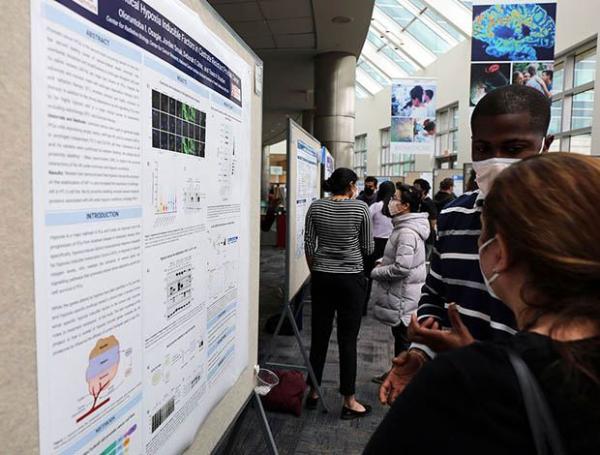The Heartache of Discrimination
Allana T. Forde Unpacks Racial Disparities in Heart Health
Discrimination comes in many forms, and people experience it and cope with it in different ways. The accumulation of stress arising from discrimination can lead to wear and tear on the body in a process called ‘weathering’, which ultimately harms cardiovascular health. This is one of the key reasons Black Americans have a higher rate of cardiovascular disease than all other racial and ethnic groups in the U.S. and are much more likely to die from cardiovascular conditions than other racial and ethnic groups.
NIH Stadtman Investigator Allana T. Forde, Ph.D., M.P.H., hopes to reduce these startling health disparities by examining how psychosocial stressors, including discrimination, affect the cardiovascular health of subgroups of the Black population, including Afro-Caribbean, Afro-Latino, and African American individuals. She also endeavors to identify the protective and adaptive factors that impact the relationship between discrimination and cardiovascular health. In honor of American Heart Month, I spoke with Dr. Forde about her research on discrimination and cardiovascular health in Black Americans, as well as how her research might improve cardiovascular health and inform cardiovascular disease prevention strategies.










